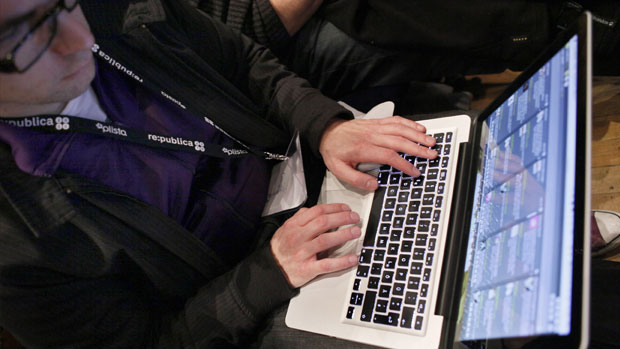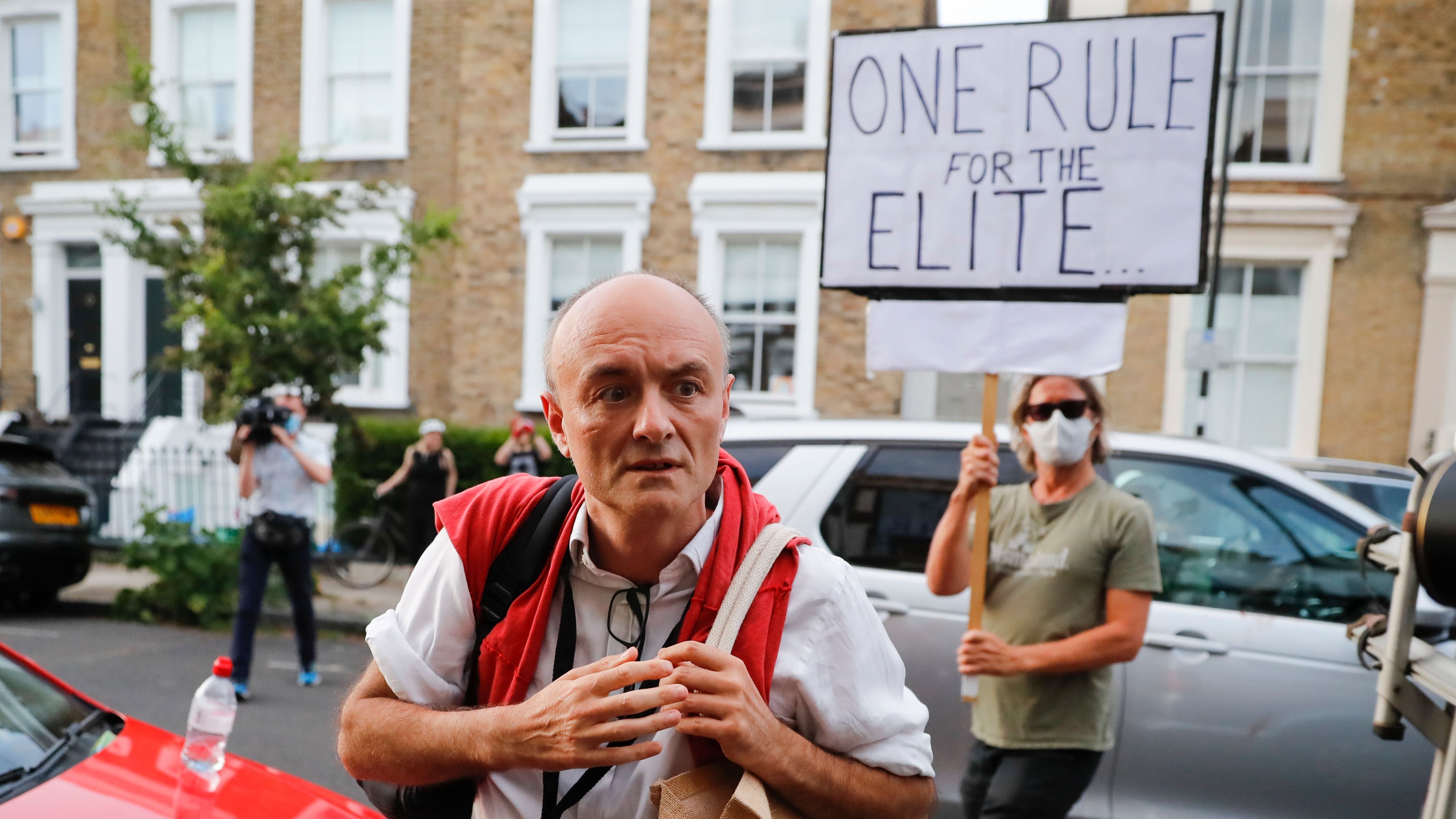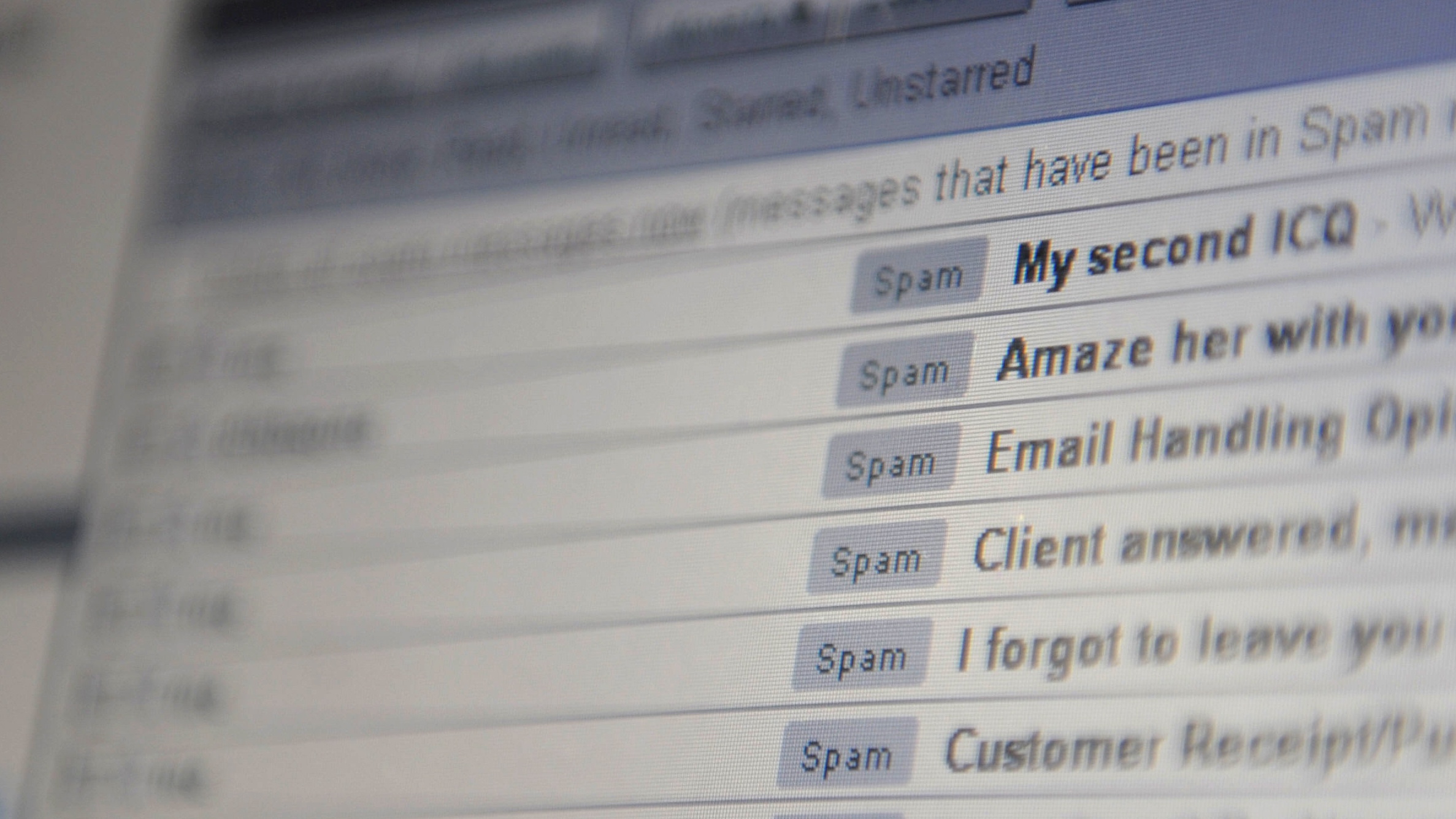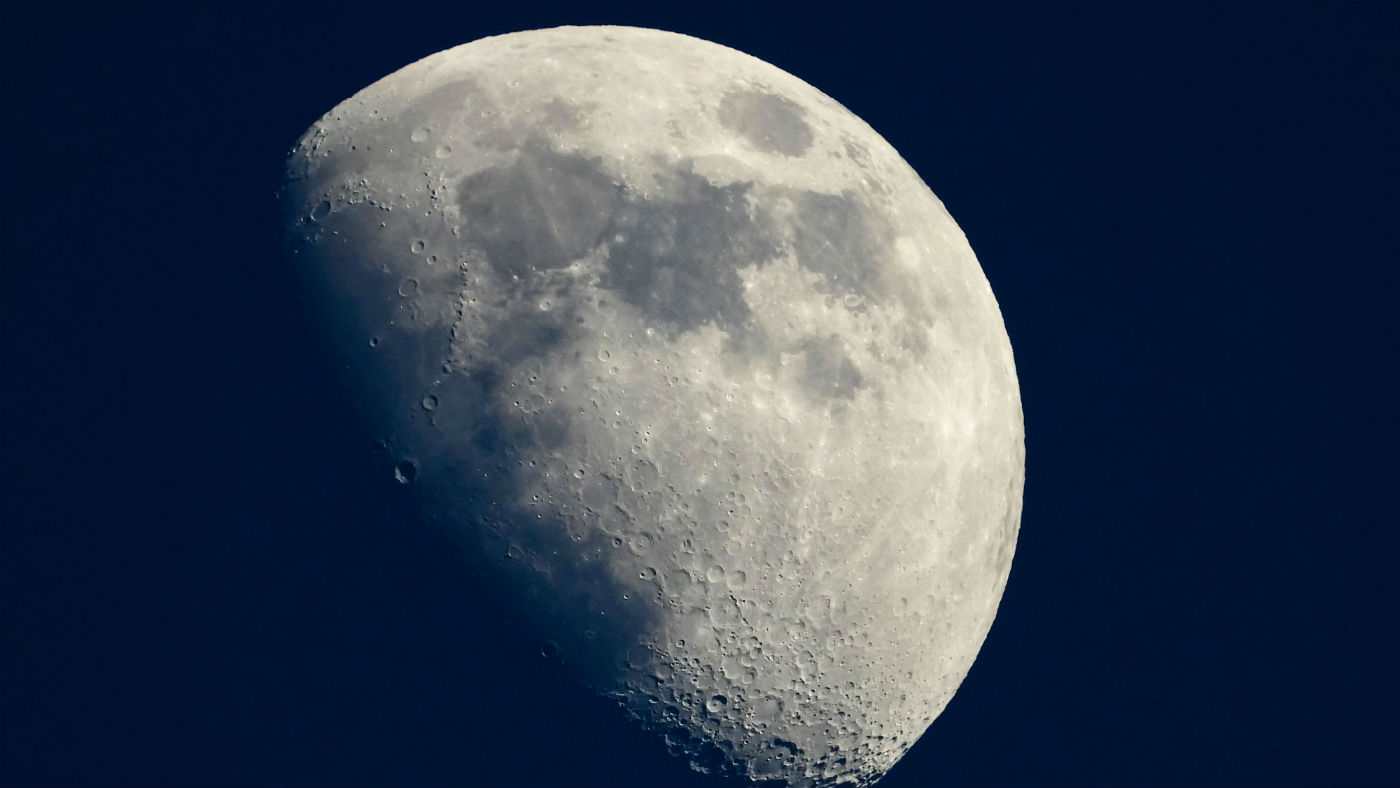Backlash over UK bill to block 'unconventional' porn
Free speech activists warn new legislation banning online videos on moral grounds 'sets a scary precedent'

A free daily email with the biggest news stories of the day – and the best features from TheWeek.com
You are now subscribed
Your newsletter sign-up was successful
New proposals to force internet service providers to block sites hosting sexually explicit content amount to draconian censorship, campaigners say.
The plan, contained in the digital economy bill currently passing through parliament, would ban any online video that would not be certified for commercial DVD sale by the British Board of Film Classification (BBFC).
The little-discussed clause will prohibit UK web users from accessing sites portraying a range of "non-conventional sexual acts".
The Week
Escape your echo chamber. Get the facts behind the news, plus analysis from multiple perspectives.

Sign up for The Week's Free Newsletters
From our morning news briefing to a weekly Good News Newsletter, get the best of The Week delivered directly to your inbox.
From our morning news briefing to a weekly Good News Newsletter, get the best of The Week delivered directly to your inbox.
It is part of provisions to enforce strict age verification checks to stop children accessing adult websites.
However, free-speech activists say the move could result in some of the web's most popular sites being banned.
Jodie Ginsberg, the chief executive of Index on Censorship, told The Guardian: "It should not be the business of government to regulate what kinds of consensual adult sex can be viewed by adults."
Pictures and videos of spanking, whipping or caning that leave marks, sex acts in public or involving urination, female ejaculation or menstruation are likely to be ruled out, "in effect turning back the clock on Britain's censorship regime to the pre-internet era", says the Guardian.
A free daily email with the biggest news stories of the day – and the best features from TheWeek.com
So far, criticism has centred on the bill's age verification clauses, which The Independent says are "likely to lead to a database of viewing habits being held by companies or by the government". It is feared checks could force users to reveal their identity before accessing porn and potentially open the doors to hacking, blackmail and credit-card fraud.
Digital privacy campaign the Open Rights Group, which has opened a petition against the bill, say "government attempts to block under-18s from porn sites could have chilling implications for privacy", says Metro.
Others, however, object on principle. "Government blocking of websites on moral grounds sets a scary precedent for our future", says Amelia Tait in the New Statesman. "We must loosen our stiff British upper lips and admit, once and for all, that we are all wankers."
-
 Political cartoons for February 20
Political cartoons for February 20Cartoons Friday’s political cartoons include just the ice, winter games, and more
-
 Sepsis ‘breakthrough’: the world’s first targeted treatment?
Sepsis ‘breakthrough’: the world’s first targeted treatment?The Explainer New drug could reverse effects of sepsis, rather than trying to treat infection with antibiotics
-
 James Van Der Beek obituary: fresh-faced Dawson’s Creek star
James Van Der Beek obituary: fresh-faced Dawson’s Creek starIn The Spotlight Van Der Beek fronted one of the most successful teen dramas of the 90s – but his Dawson fame proved a double-edged sword
-
 Will regulators put a stop to Grok’s deepfake porn images of real people?
Will regulators put a stop to Grok’s deepfake porn images of real people?Today’s Big Question Users command AI chatbot to undress pictures of women and children
-
 Deepfake porn: a rising tide of misogyny
Deepfake porn: a rising tide of misogynyTalking Points A sinister phenomenon is emerging, with thousands of sites dedicated to digitally manipulated images
-
 How cybercriminals are hacking into the heart of the US economy
How cybercriminals are hacking into the heart of the US economySpeed Read Ransomware attacks have become a global epidemic, with more than $18.6bn paid in ransoms in 2020
-
 Language-learning apps speak the right lingo for UK subscribers
Language-learning apps speak the right lingo for UK subscribersSpeed Read Locked-down Brits turn to online lessons as a new hobby and way to upskill
-
 Brexit-hobbled Britain ‘still tech powerhouse of Europe’
Brexit-hobbled Britain ‘still tech powerhouse of Europe’Speed Read New research shows that UK start-ups have won more funding than France and Germany combined over past year
-
 Playing Cupid during Covid: Tinder reveals Britain’s top chat-up lines of the year
Playing Cupid during Covid: Tinder reveals Britain’s top chat-up lines of the yearSpeed Read Prince Harry, Meghan Markle and Dominic Cummings among most talked-about celebs on the dating app
-
 Brits sending one less email a day would cut carbon emissions by 16,000 tonnes
Brits sending one less email a day would cut carbon emissions by 16,000 tonnesSpeed Read UK research suggests unnecessary online chatter increases climate change
-
 Reach for the Moon: Nokia and Nasa to build 4G lunar network
Reach for the Moon: Nokia and Nasa to build 4G lunar networkSpeed Read Deal is part of the US space agency’s plan to establish human settlements on the lunar surface